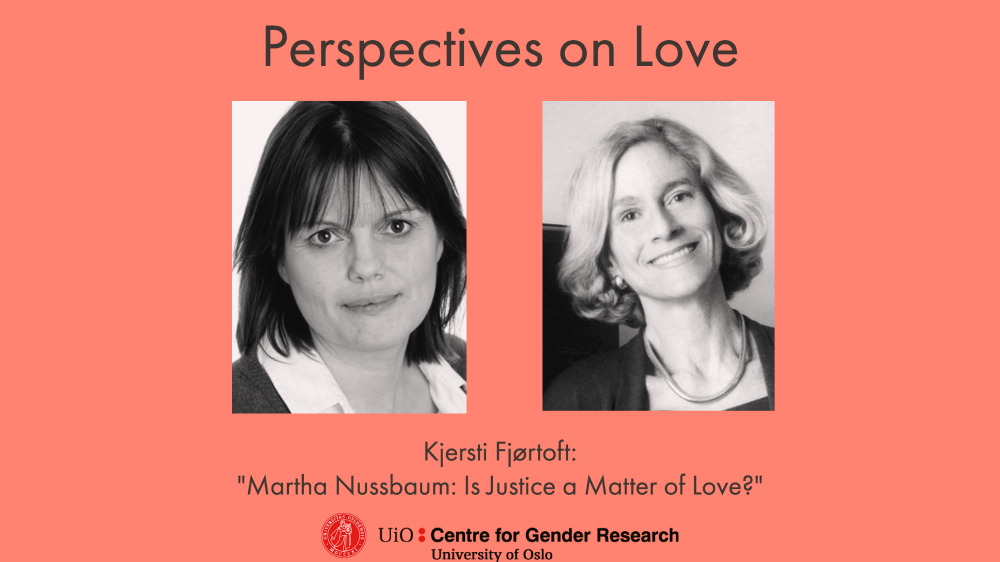Abstract
In her book, Political Emotions – Why Love Matters for Justice, Martha Nussbaum argues that public emotions are the source of stability for good liberal political principles. Good political principles are defined in terms of her own capability approach, which is based on claims of human dignity and equality. Her main argument is that decent liberal democratic societies should cultivate public emotions in order to achieve their aims of equality and that political emotions can be fostered through leadership, education, public policies and public culture without neglecting the value of diversity and dissent. Love is, according to Nussbaum, the core political emotion for liberal societies. She is particularly interested in the kind of love that has the nation and its common goals as its object. However, she does not engage with contemporary political theories about questions concerning stability, the need for national identity, theories of democratic citizenship, or theories of care and justice.
In contemporary political theory, citizenship is often in some way related to identity, which is defined as “constitutional” (i.e. Jürgen Habermas) or “national” (i.e. David Miller). Identity-based theories have been criticized for being exclusive and for not taking the fact that people have multiple identities into account.
In the first part of my lecture, I will give an account of how Nussbaum defines public emotion and how she justifies love as the core public emotion. I am particularly interested in what makes love liberal, compared to republican theories on civic virtues and national identity. In the second part, I will discuss the claim that teaching patriotism will cultivate political emotions. In this part, I will explore the idea that critical patriotism makes us more inclusive and aware of discrimination and oppression, and discuss whether the theory of political love can give rise to a concept of citizenship that accommodates for both stability and multiple identities.
Practical information
This digital event will be in English, and will consist of a 30 minute lecture, followed by 30 minutes of discussion. This event is free and open to the public.
The Zoom link will be sent to your registered email address prior to the event.
For inquiries about the lecture series, please send an email to Anna Young.
